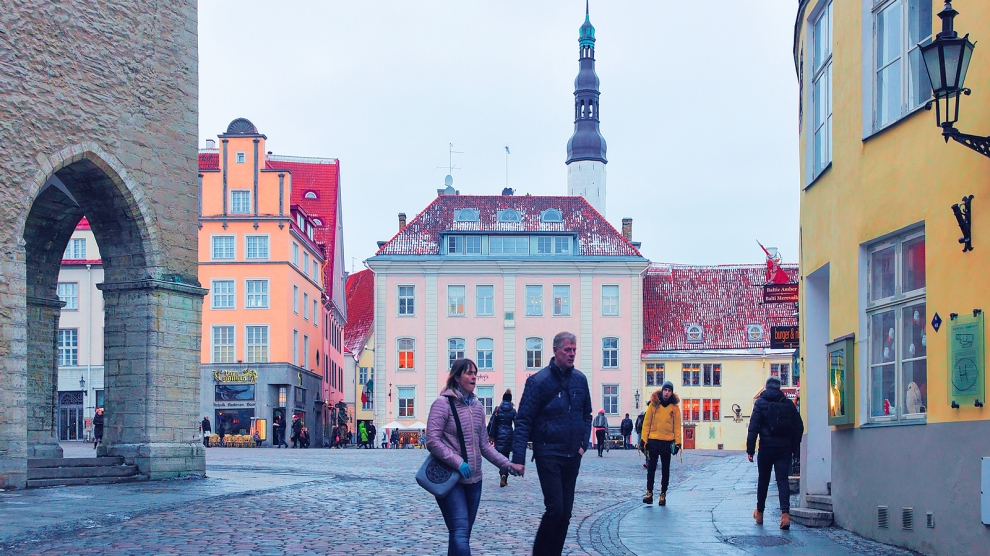A new Eurobarometer survey ahead of next May’s European elections has revealed that a majority of EU citizens are worried that disinformation campaigns, data breaches and cyberattacks will interfere with electoral processes. Interestingly, both some of the highest and – thanks to Estonia – lowest percentages of those concerned about electoral manipulation are found in emerging Europe countries. Estonia – where around 30 per cent of votes are cast online – performs well in all of the categories, a clear sign that the country’s investment in cybersecurity over the past decade has resulted in increased confidence in the electoral process.
In 23 EU countries, the majority of all respondents were concerned about elections being manipulated through cyberattacks, with those in Spain (74 per cent), the United Kingdom (67 per cent) and Romania (66 per cent) the most likely to be concerned. At the other end of the scale 42 per cent in Estonia, 45 per cent in Slovakia and 46 per cent in Cyprus and Slovenia were concerned about cyberattacks.
Concern about the possibility of foreign actors and criminal groups influencing elections covertly was most widely mentioned by respondents in Latvia (69 per cent), compared to just 35 per cent in Estonia.
Latvia (75 per cent), Spain (74 per cent), Lithuania and Bulgaria (both 72 per cent) have the highest proportions of respondents concerned about the final result of an election being manipulated. At the other end of the scale, just 38 per cent in Estonia were concerned.
A majority of respondents were concerned about votes being bought or sold, but there is a wide range of opinion across countries. Bulgaria (81 per cent), Latvia (80 per cent) and Lithuania (76 per cent) have the highest proportions of concerned respondents, while Finland (34 per cent), Germany (35 per cent) and the Netherlands and Slovenia (both 40 per cent) have the lowest.
Bulgaria (72 per cent), Spain (71 per cent) and Romania (66 per cent) have the highest proportion of respondents who were concerned about people being coerced to vote in a particular way, while Germany (31 per cent), Finland and Estonia (both 36 per cent) have the lowest. Spain (64 per cent), Romania (62 per cent) and Croatia (59 per cent) have the highest proportions of respondents concerned about some people voting twice.
First Vice-President of the European Commission Frans Timmermans said: “Our research shows that people are really worried about disinformation. The good thing is that more and more citizens are critical of the information they are offered, and well aware of the dark forces that would like to manipulate what they read, think and ultimately vote for. For the legitimacy of our European democracy it is essential that citizens use their right to vote. And that’s why we all, EU institutions and Member States, must protect our elections and bolster our democracy.”
European Commissioner for Justice, Consumers and Gender Equality Vĕra Jourová added: “This survey confirms that Europeans know that the upcoming elections will not be business as usual. They expect actions that will guarantee fair and secure elections and more information about the EU and new faces in politics. We are fighting against illegal data manipulation, countering disinformation and make our elections more resilient. But we also need the full involvement of EU governments and all political parties. We can only address peoples’ concerns if we do this together.”

